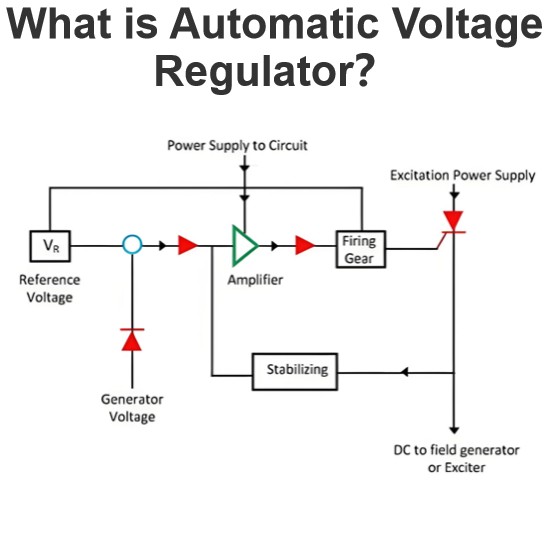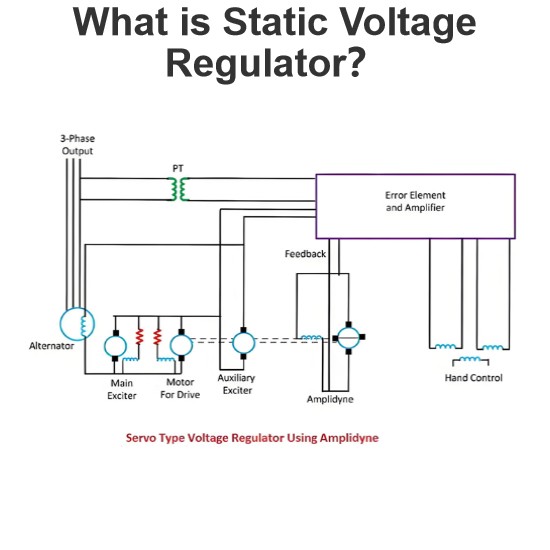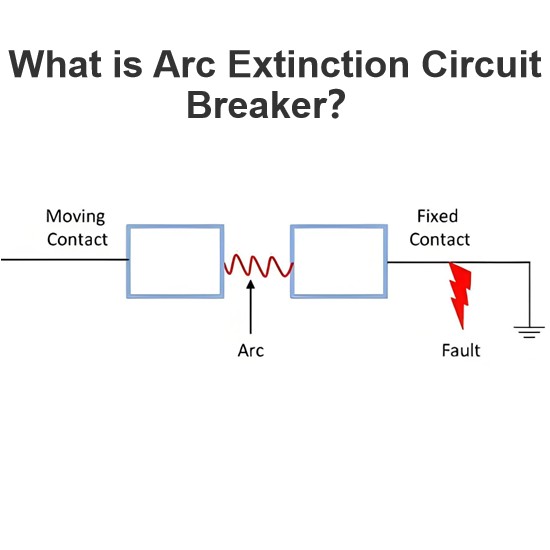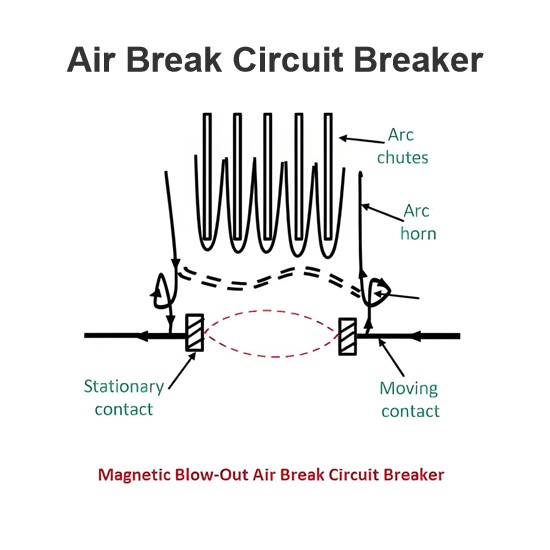What are the Applications of Coaxial Cables in the railway signalling installations?
Based on the provided search results, although there is no direct mention of specific applications of coaxial cable in railway signaling equipment, we can speculate on its possible use cases based on its extensive applications in other fields. Here are some potential applications of coaxial cable in railway signaling equipment:
Signal Transmission: Coaxial cables can be used for signal transmission in railway signal systems due to their excellent shielding performance and low signal loss, ensuring the stability and reliability of signals during long-distance transmission.
Control System: In railway signal control systems, coaxial cables can be used to connect the control center with various signal devices such as signal lights and track circuits, enabling real-time transmission and control of signals.
Communication System: In railway communication systems, coaxial cables can be used to connect communication base stations and antennas, ensuring efficient transmission of important data such as train scheduling and passenger information.
Monitoring System: In railway monitoring systems, coaxial cables can be used to transmit video signals, ensuring that the images captured by surveillance cameras are transmitted clearly and stably to the monitoring center.
Testing and Maintenance: In the testing and maintenance of railway signaling equipment, coaxial cables can be used for testing and measuring radio frequency signals to ensure the normal operation of the equipment.
It should be noted that the above application scenarios are based on the speculation of the use of coaxial cables in other fields, and no direct information about the specific application of coaxial cables in railway signal devices has been found.
The Electricity Encyclopedia is dedicated to accelerating the dissemination and application of electricity knowledge and adding impetus to the development and innovation of the electricity industry.













